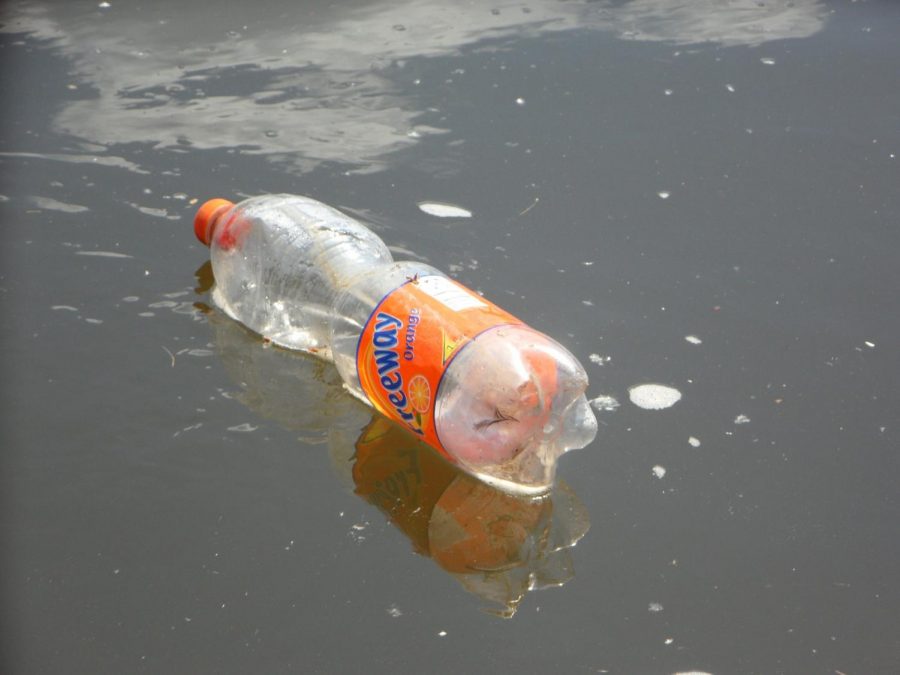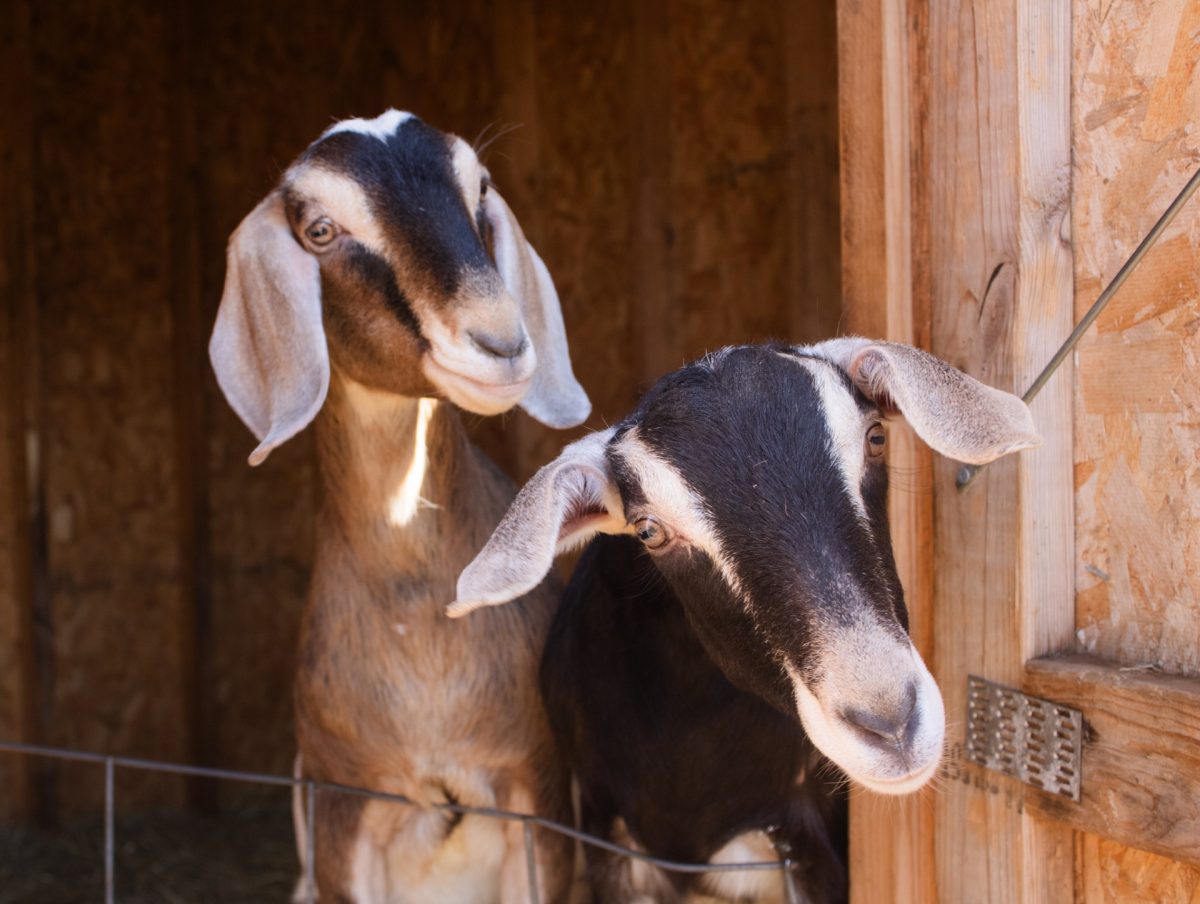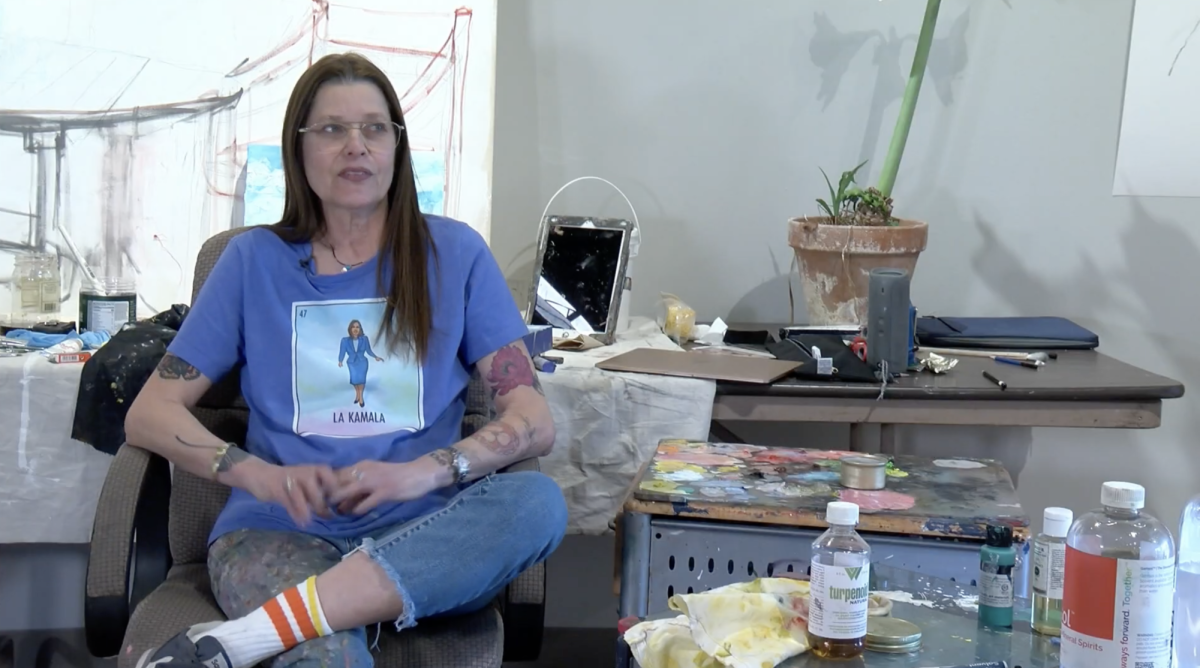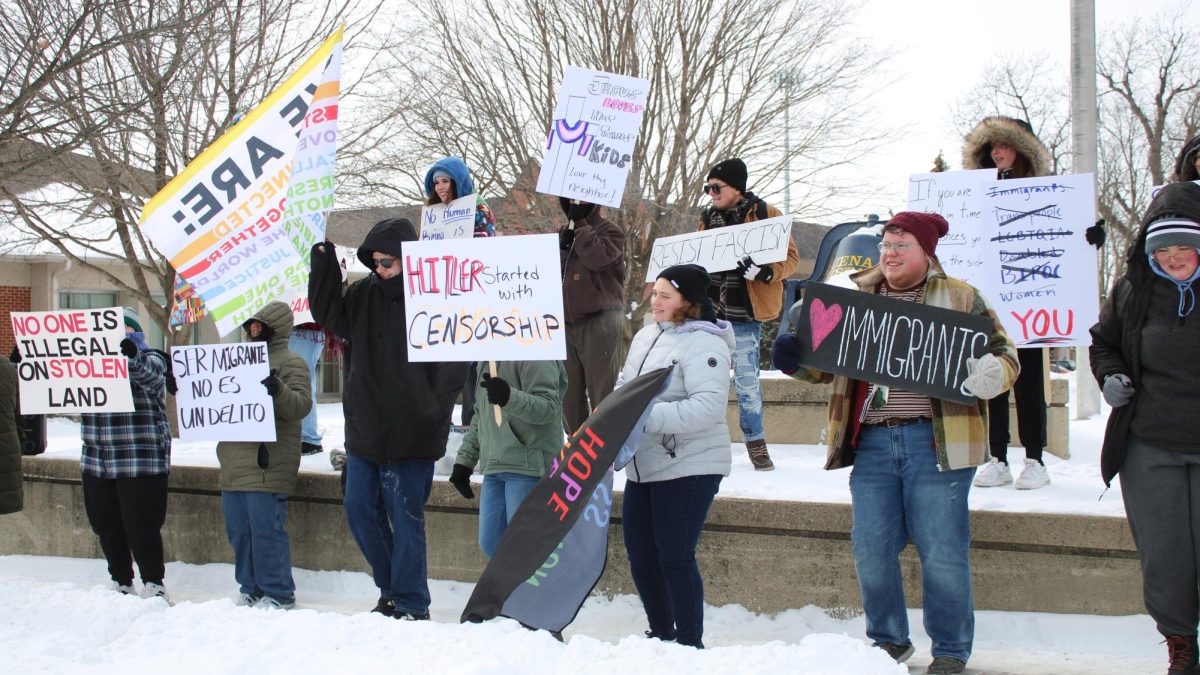How to: Reduce Your Plastic Usage On Campus
November 25, 2018
If you are on any social media at all, you’ll know that globally we are facing a huge problem when it comes to protecting our planet. Some issues we face include plastic usage, global warming, species endangerment, and habitat destruction. Many of these problems are influenced by different factors but one they all have in common is human pressures. Plastic usage is a very significant human pressure that is causing drastic problems for our planet.
According to National Geographic, there are already more than 5 trillion pieces of plastic floating in our oceans. As of 2015, more than 6.9 billion tons of plastic waste has been produced, and of that waste, 79 percent of it has accumulated in landfills or the environment. By 2050, every seabird species on the planet will be eating plastic. So far, 700 species of marine animals have been reported to have eaten or become entangled in plastic.
The problem with plastic is that a lot of it is single-use only and then it is disposed. Some of the plastic used is recycled, but the majority of it ends up in landfills and in the environment. Microplastics can also be found in rivers and lakes all over the world. For example, the National Geographic found microplastics in the Tennessee River.
BVU’s campus is located on a lake. If you walk along any of the trails, you can find the presence of plastic that has not been disposed of properly, such as cans, plastic bags, Styrofoam cups, and more. Dr. Ben Maas is leading a group of Storm Lake High School students along with BVU students to study the presence of microplastics in our lake.
So, the question becomes: how can you, as a BVU student, reduce your plastic usage?
Here are some tips I have found:
1. Residence halls:
Residence halls generally offer recycling bins. If you are using plastic water bottles, cans, milk jugs, cardboard, or paper, you can put them into your recycling and dispose of them in the correct locations. There are recycling bins labeled in the trash rooms in Pierce-White. If you live in the suites, the smaller dumpster located behind the building is designated for recycling.
Click on the link to see a list of things that can be recycled.
2. Plastic bag usage:
A lot of us go to Wal-Mart, Walgreens, Hy-Vee, or Fareway for our dorm room groceries, cleaning supplies, etc. Plastic bags are very damaging to marine animals because some of them can’t see very well, which makes it difficult for them to determine if what they see is food—such as a jellyfish—or a plastic bag. So, these animals ingest the plastic bags, and they can suffocate.
One thing you can do is bring your own canvas bags to the store. A lot of these stores sell their own canvas bags, but you can also purchase some on Amazon.
Another thing you can do is collect your plastic bags and recycle them at the Storm Lake Hy-Vee. These plastic bags can’t be placed into your residence hall recycling; however, Hy-Vee encourages their customers to return plastic bags.
3. Coffee Drinkers:
As college students, many of us drink coffee on the daily. Whether that be iced or hot coffee, you can purchase a reusable cup and The Common Grounds coffee shop will make your coffee in that cup for you. Coffee Tree, Grand Central and Better Day Café will also make coffee in reusable cups as well.
If you don’t want to purchase a reusable cup, the coffee shop employees can put your coffee in a “hot” cup. The cold cups are completely made from plastic, including the cup itself, the lid and the straw. The hot cups use less plastic, and they do not include a straw which can be damaging to marine animals.
4. Water Bottles:
BVU has installed water bottle friendly water fountains all over campus. Instead of using plastic single use water bottles, it would be better to invest in a reusable water bottle. The campus book store has many options available for purchase.
This is also more cost effective because you do not have to purchase bottled water. Purchasing a water bottle is a one-time cost that you can use for a long period of time. Most of the water bottles in the book store range from $12.00 to $16.00.
5. When you see trash, pick it up!
If you do see any trash on campus or while walking by the lake, pick it up. Just one person taking initiative can encourage others to do the same. We have an incredibly beautiful campus and lake, so it’s important that we take care of them.
Buenafication day comes around once a year in April. Buenafication day is a day of service where student organizations work together to clean up our campus and Storm Lake. So, participating in that is good as well.
Protecting our marine animals, and our planet as a whole, is very important right now.







